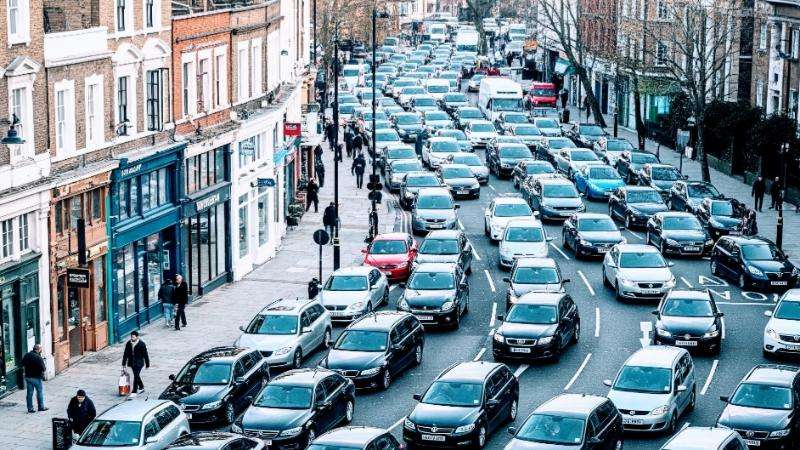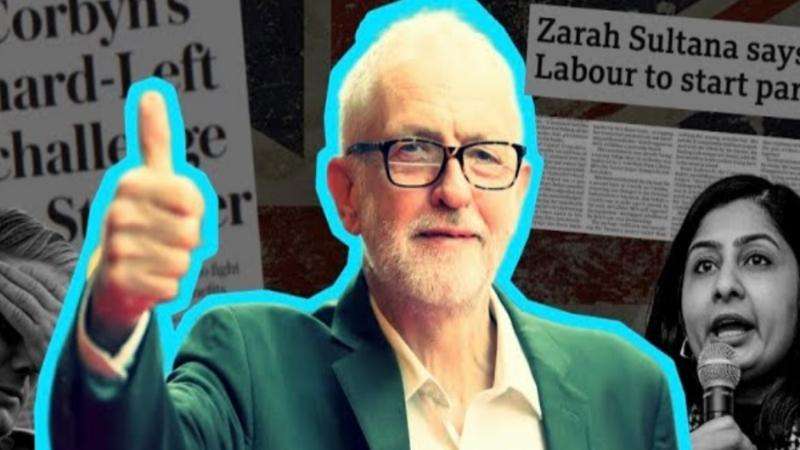London's parking woes are reaching a critical point, with residents in East London's Tower Hamlets and other boroughs facing an escalating daily struggle to find a space. What was once an inconvenience is rapidly becoming an entrenched crisis, raising serious questions about the future of urban living in the capital. The problem is not only intensifying due to a growing population and vehicle ownership but is also being exacerbated by contentious council proposals aimed at addressing the issue, Daily Dazzling Dawn understands.
Residents Outraged as Councils Consider Charging for Home Parking
A recent outcry in Dartford highlights the contentious nature of proposed parking solutions. Residents in the Newtown ward are fiercely opposing Dartford Council's plans to introduce new parking restrictions, including time limits, yellow lines, parking bays, and permits, accusing the authority of a "money-grabbing" ploy.
Dartford Council claims a "majority of residents" are concerned about commuters using their streets as "free car parks," leading them to seek solutions. However, hundreds of locals have signed a petition against the proposals.
Kelum Alahakoon, a resident, described the daily ordeal: "In the mornings, you cannot get parked at all. If you go out, there will be no spaces when you come back." He, like many others, is often forced to park several streets away.
"Another Tax": Residents Decry Proposed Permit Schemes
While the council points to commuter parking, some residents believe the core issue lies elsewhere. Theresa Attwood, 53, of St Vincent Road, argues that the problem stems more from residents owning multiple cars rather than solely commuters. She fears restrictions would "just move the problem on" and suggested alternative solutions like installing bays instead of yellow lines to free up space. "It is just a money-grabber," she asserted.
For residents like Paul and Mary Stearn, who rely on car spaces for their two daily carers, the proposed plans are seen as "another tax" and a "money-making scheme." Mr. Stearn noted, "The roads by the station do get a lot of commuters parking there as it is nearer to the station, but we do not have that here."
Victorian Infrastructure vs. Modern Demands
Ward Councillor Laura Edie acknowledged the "challenging" parking situation, highlighting that many streets in the area were built during the Victorian era, long before the advent of widespread car ownership. She stated that while evening, weekend, and school holiday parking are the most challenging, the council's study primarily aimed to ease commuter-related issues. A design for the new controls is expected by October, with implementation potentially early next year if agreed upon.
The Conservative-run local authority stated, "Parking on many residential streets close to the town centre is uncontrolled, and effectively provides free parking for long-stay users. Residents living close to the town centre have asked us to find a solution."
Public Backlash and Future Concerns
Residents have taken to social media to voice their strong opposition. Kevin Jarl Dell urged, "Vote against it when asked. Permits are not the answer. What happens to visitors to your house?" Pam Cave added a stark perspective: "There is no solution to the parking in the Newtown area simply because there are more cars than parking spaces. If this goes ahead, we will be paying for the privilege of maybe getting a parking space, probably not outside your own house, and not even necessarily in your own road."
The Road Ahead: A Looming Crisis for London
The situation in Dartford mirrors a broader trend across London, particularly in densely populated areas like Tower Hamlets, where limited space, increasing car ownership, and a growing population are creating an unsustainable parking environment. As councils grapple with how to manage demand and generate revenue, residents are increasingly feeling the squeeze. The future of London's parking landscape appears bleak without innovative and equitable solutions that go beyond simply shifting costs onto homeowners. Without a comprehensive strategy that addresses the root causes—such as encouraging public transport, promoting cycling, and potentially exploring underground parking solutions or car-sharing schemes—the "day by day the problem is going to worsen" prediction for London's parking crisis seems set to become a grim reality.








.svg)


_5.jpg)